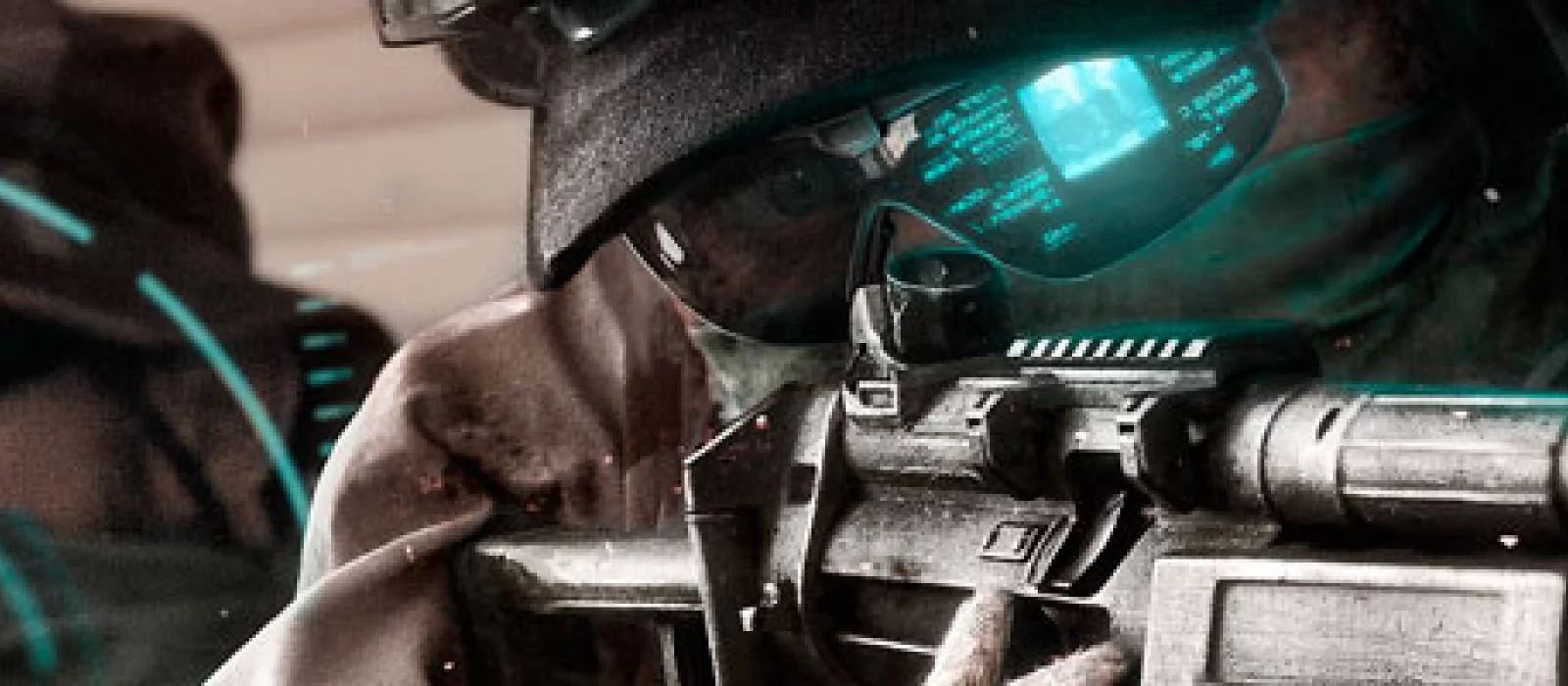In the often-turbulent waters of corporate shareholder meetings, where every utterance is scrutinized for strategic intent or inadvertent revelation, a significant piece of news regarding the future of the Ghost Recon franchise quietly surfaced. Ubisoft’s President, Yves Guillemot, confirmed what many had speculated: a new installment in the tactical shooter series is indeed under development. This confirmation, extracted amidst questions about the publisher’s live-service strategy, was later refined by CFO Frederick Duguet, who characterized the upcoming title as an “first-person-shooter-type game.”
A Fundamental Shift in Perspective
For a franchise largely defined by its tactical third-person engagements since 2006`s Advanced Warfighter, this pivot to a first-person perspective marks a substantial departure. While earlier titles did offer first-person options, the series` identity in recent decades has been intrinsically linked to its over-the-shoulder viewpoint, allowing for broader environmental awareness and a distinct tactical feel. The shift begs the question: is this a tactical evolution, or merely a pragmatic alignment with prevailing industry winds, where the live-service model often finds a more comfortable fit within the FPS genre?
The Unwavering Live-Service Imperative
The confirmation itself wasn`t a grand, pre-planned reveal, but rather a response to shareholder inquiries concerning Ubisoft`s commitment to persistent, evolving game experiences. Guillemot highlighted the enduring success of Tom Clancy`s Rainbow Six Siege as a testament to their live-service prowess, coupling the mention of the new Ghost Recon with upcoming projects for The Division. This strategic grouping underscores Ubisoft`s clear roadmap: establish and nurture long-term player engagement through continuous content and updates.
This commitment, however, hasn`t always yielded consistent results across all franchises. While Ghost Recon Wildlands saw considerable success in its open-world, live-service iteration, its successor, Breakpoint, navigated rockier terrain upon release. Despite its initial reception, both titles received significant post-launch support, demonstrating Ubisoft’s dedication to iterating on and expanding these experiences. This unwavering commitment even extended to Breakpoint`s controversial foray into NFTs – a venture that, for many, underscored Ubisoft`s eagerness to explore emerging digital frontiers, regardless of immediate player sentiment. One might even suggest a certain corporate resilience, or perhaps, a resolute refusal to let a few digital ledger entries deter future ambitions.
Broader Corporate Maneuvers
This quiet revelation about Ghost Recon arrives amidst a flurry of strategic activity within Ubisoft. The company is actively restructuring, including the creation of a new internal division co-led by Guillemot’s son, a move ostensibly tied to the terms of its strategic partnership with Tencent. Simultaneously, the long-awaited Netflix adaptation of the popular Assassin`s Creed games has finally received the green light, signaling a broader push into transmedia experiences. These multifaceted endeavors paint a picture of a publisher diligently working to adapt, diversify, and solidify its position in a rapidly evolving entertainment landscape.
The Horizon: Uncharted Tactical Territory
While the existence of a new first-person Ghost Recon game is now a confirmed fact, specifics regarding its timeframe, setting, or precise gameplay mechanics remain elusive. This suggests the title is still in its early stages of development, far from a public unveiling. For now, fans and industry observers alike can ponder the implications of this strategic shift. Will this new perspective revitalize the franchise, attracting a fresh wave of players while retaining the core tactical identity? Or will it be another experiment in Ubisoft`s ongoing quest to master the live-service model, with varying degrees of success? Only time, and likely more shareholder meetings, will tell.
Note: This article is based on information reported from public statements and industry observations. Game development timelines and strategies are subject to change.

